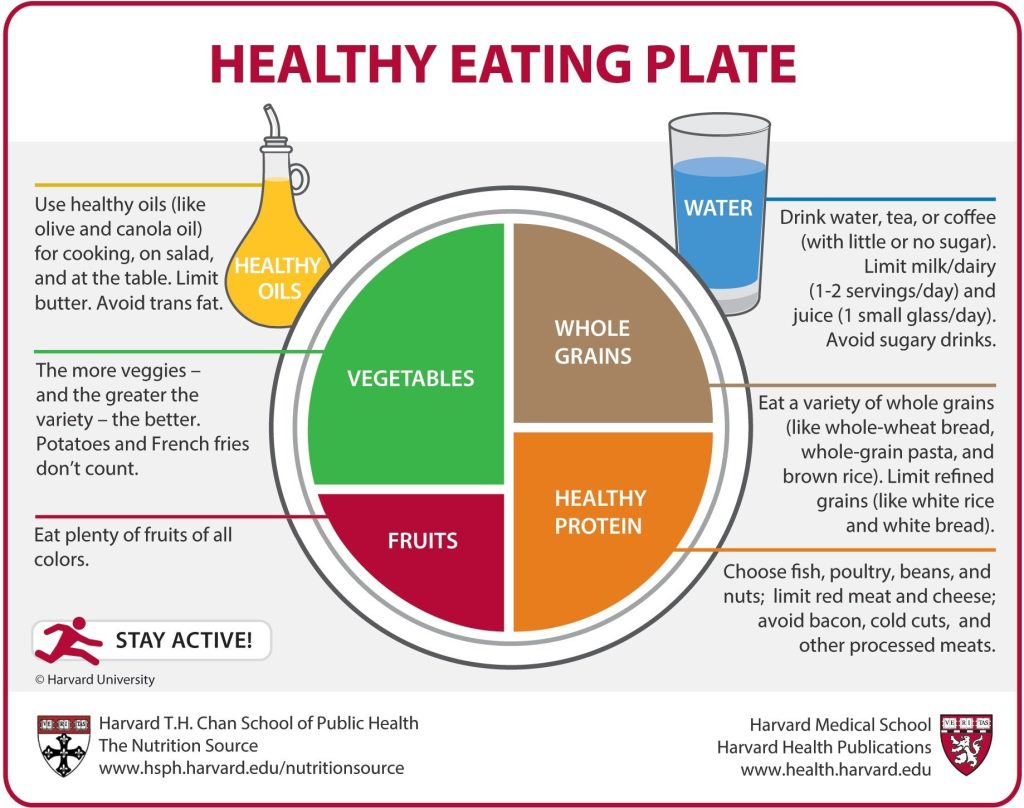Planning a week’s worth of healthy meals can seem like a daunting task. However, with a little bit of time and effort, you can set yourself up for success and ensure that you are eating nutritious and balanced meals throughout the week. With proper planning, you can save time and money, as well as reduce the temptation to grab fast food or order takeout. Here are some tips on how to plan a week’s worth of healthy meals.
1. Set aside some time for meal planning
The first step in planning a week’s worth of healthy meals is to set aside some time for meal planning. This can be done on a day when you have a few hours to spare, such as a Sunday afternoon. Sit down with a calendar and plan out your meals for the week. Consider what ingredients you already have on hand and what items you need to purchase. Planning ahead will save you time during the week and ensure that you have everything you need to prepare healthy meals.
2. Take inventory of your pantry and refrigerator
Before you start planning your meals for the week, take inventory of your pantry and refrigerator. This will help you determine what ingredients you already have on hand and what items you need to purchase. Make a list of the items that you need to buy and take it with you when you go grocery shopping. By checking your pantry and refrigerator first, you can avoid buying duplicate items and reduce food waste.
3. Choose a variety of foods
When planning your meals for the week, aim to include a variety of foods from all the food groups. This will help ensure that you are getting a balanced diet and all the nutrients your body needs. Include plenty of fruits and vegetables, whole grains, lean protein sources, and healthy fats. Try to include different types of foods in each meal to keep things interesting and prevent boredom.
4. Prep ahead of time
To save time during the week, consider prepping some of your ingredients ahead of time. Chop up vegetables, cook grains, or marinate meats on the weekend so that they are ready to go when it is time to cook. You can also portion out meals and snacks in advance to make it easier to grab something healthy when you are on the go. By prepping ahead of time, you can streamline the cooking process and ensure that you have healthy options readily available.
5. Cook in batches
Another time-saving strategy is to cook in batches. Choose a day when you have more time to cook, such as a Sunday afternoon, and prepare several meals at once. This could involve making a big pot of soup, roasting a sheet pan of vegetables, or cooking a large batch of grains. By cooking in batches, you can save time during the week and have healthy meals ready to go when you need them.
6. Use leftovers creatively
Leftovers can be a lifesaver when it comes to meal planning. Instead of eating the same meal for multiple days in a row, try to use leftovers creatively. For example, leftover grilled chicken can be sliced and tossed into a salad, or leftover roasted vegetables can be stuffed into a wrap. By repurposing leftovers, you can reduce food waste and make the most of the meals that you have already prepared.
7. Plan for snacks
In addition to planning your main meals for the week, don’t forget to plan for snacks as well. Having healthy snacks on hand can help you avoid reaching for unhealthy options when hunger strikes. Choose snacks that are nutrient-dense and satisfying, such as fresh fruit, nuts, yogurt, or hummus with vegetables. Pre-portion snacks into individual containers so that they are easy to grab when you are on the go.
8. Be flexible
While it is important to plan your meals for the week, it is also important to be flexible. Life happens, and there may be times when your plans change or unexpected events arise. If you find yourself without a meal planned, don’t stress. Look in your pantry and refrigerator to see what ingredients you have on hand and improvise a meal with what you have. Being flexible and adapting to changes will help you stay on track with your healthy eating goals.
In conclusion, planning a week’s worth of healthy meals does not have to be a complicated or daunting task. With a little bit of time and effort, you can set yourself up for success and ensure that you are eating nutritious and balanced meals throughout the week. By following these tips, you can save time and money, as well as reduce the temptation to grab fast food or order takeout. Remember to set aside time for meal planning, take inventory of your pantry and refrigerator, choose a variety of foods, prep ahead of time, cook in batches, use leftovers creatively, plan for snacks, and be flexible. With proper planning and preparation, you can make healthy eating a priority and enjoy delicious meals all week long.

